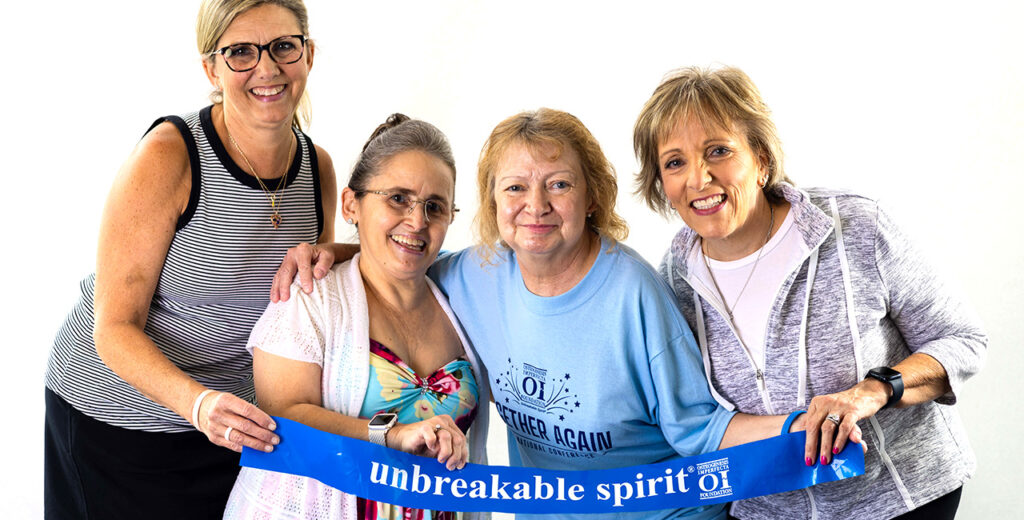Patient-Centered Outcomes Research (PCOR)

SHARE
Patient-Centered Outcomes Research (PCOR)
How does the Patient-Centered Outcomes Research Impact You?
Patient-centered outcomes research (PCOR) is research driven by the OI community’s needs and concerns. Results will help drive research to address the concerns that you feel are most important to you.
The OIF has been approved for the following funding awards through the Eugene Washington PCORI Engagement Awards program, an initiative of the Patient-Centered Outcomes Research Institute (PCORI):
- Improving Patient-Centered Outcomes: Expanding Engagement of the Osteogenesis Imperfecta Community and COVID-19 Enhancement Award
As part of this award the OIF developed and currently maintains the OIF COVID-19 TOOLKIT, a collection of important resources and expert information about managing OI during the pandemic - Leveraging Virtual Communication to Advance PCOR Adoption by the Rare Bone Disease Community
- Preparing Adults with Osteogenesis Imperfecta to Engage in Research on Access and Quality of Care for Their Rare Disease
Click here to learn more about the projects above.
PCORI is an independent, nonprofit organization authorized by Congress in 2010 to fund comparative effectiveness research that will provide patients, their caregivers, and clinicians with the evidence needed to make better-informed health and healthcare decisions. PCORI is committed to seeking input from a broad range of stakeholders to guide its work. The funds will support bringing together stakeholder groups including patients, caregivers, clinicians and researchers, on an equal footing to identify and fill knowledge gaps, prioritize questions to be addressed with research, and return discoveries to the entire OI community to support collaborative decision-making and improve health outcomes.
PCOR Toolkit
- Initial report of the osteogenesis imperfecta adult natural history initiative (Orphanet Journal of Rare Diseases)
- Assessing disease experience across the life span for individuals with osteogenesis imperfecta: challenges and opportunities for patient-reported outcomes (PROs) measurement: a pilot study (Orphanet Journal of Rare Diseases)
- Incorporating the patient perspective in the study of rare bone disease: insights from the osteogenesis imperfecta community (Osteoporosis International)
Learn more about the health research process and patient-centered outcomes research through PCORI’s free online training videos
PCOR Training Modules
Helping our community stay up to date and connected.
Please sign up to receive updates from the OI Foundation including our monthly e-Newsletter, research updates, and upcoming event information.

